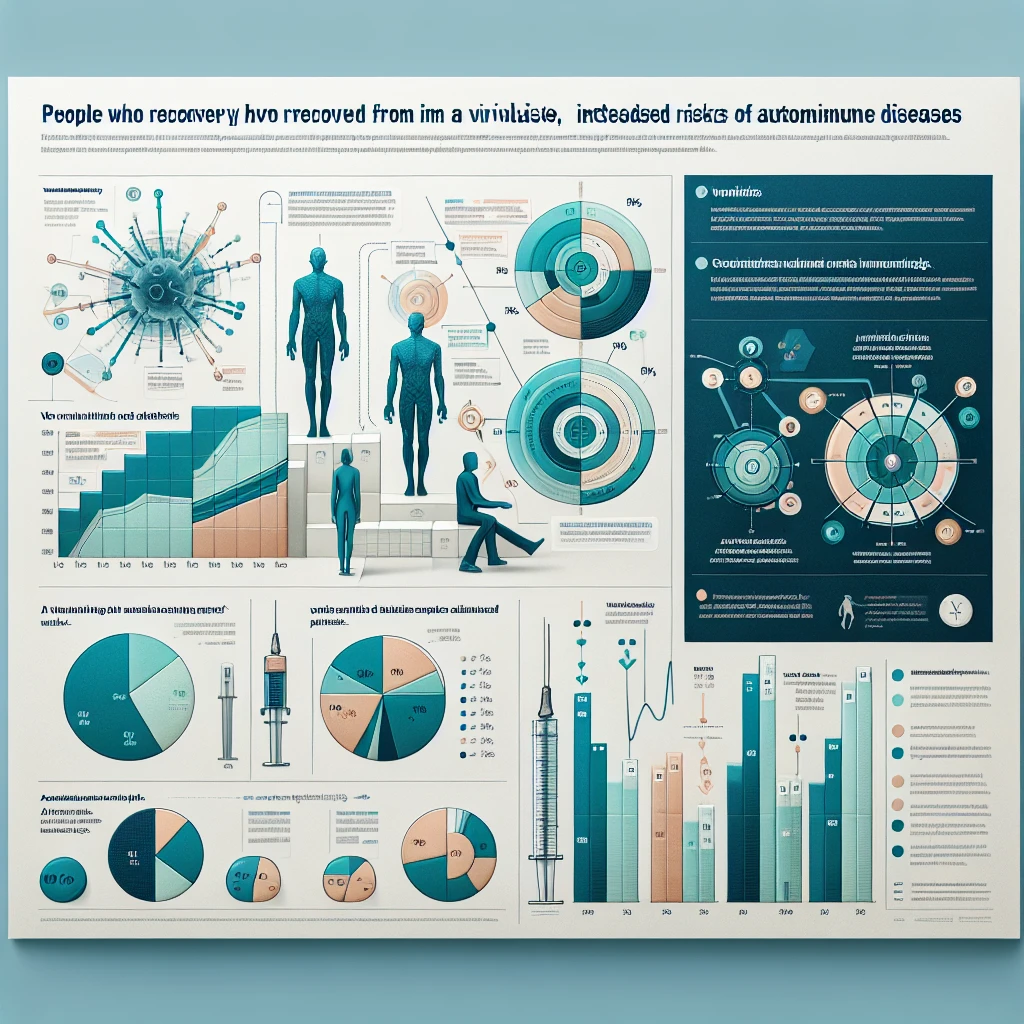Health
Protein Evolution and Foldability Study
By Alberta Herman
July 3, 2024

Proteins are essential components of living organisms, serving a variety of functions such as enzymes, structural support, and signaling molecules. The way in which proteins fold into their three-dimensional structures is crucial for their proper function. Foldable proteins are able to achieve this structure independently, while nonfoldable proteins require the assistance of chaperone molecules.
A new study led by Rice University's Peter Wolynes sheds light on the evolution of foldable proteins and the role that exons play in protein folding. Exons are regions of DNA that code for specific parts of a protein, while introns are noncoding regions that are discarded during gene translation.
The researchers used energy landscape theory to distinguish between foldable and nonfoldable parts of protein sequences. By analyzing the relationship between exons in protein structures and the evolution of protein foldability, they were able to gain insights into how genes evolve over time to produce functional proteins.
One key finding from the study was that not all exons lead to foldable modules. However, the most conserved exons, those found across diverse organisms, corresponded with better foldons. This suggests that there is an evolutionary advantage to preserving certain exon sequences that contribute to stable 3D structures in proteins.
The research team assessed exons as potential protein folding modules across 38 abundant and conserved protein families. They found deviations in the exon size distribution from exponential decay, indicating evolutionary selection at play.
Protein folding and evolution go hand in hand, with changes in gene sequences leading to variations in protein structure and function over generations. The study highlights the intricate relationship between genetic information encoded in DNA and its expression as functional proteins.
While some globular protein families showed a correlation between protein folding ability and evolutionary conservation of exonic sequences, this trend did not hold true for all families. This suggests that other biological factors may also influence how proteins evolve and fold into their final shapes.
The findings from this study have important implications for understanding how genes give rise to functional proteins through the processes of transcription and translation. By identifying key exon sequences associated with stable 3D structures, researchers can gain valuable insights into how these regions contribute to overall protein stability and function.
This research was made possible through funding from various sources, including the Consejo Nacional de Investigaciones Científicas y Técnicas, the NASA Astrobiology Institute, the Bullard-Welch Chair at Rice, the University of Buenos Aires, and the Center for Theoretical Biological Physics (CTBP). The collaborative efforts of scientists from different institutions have resulted in groundbreaking discoveries about the evolution of foldable proteins based on genomic data analysis using energy landscape theory.
Overall, this study adds new dimensions to our understanding of how genes evolve over time to produce complex proteins with unique biological functions. The results shed light on the interplay between evolutionary pressures and protein folding mechanisms and pave the way for further research in this field.
LATEST ARTICLES IN Health
Skin 'Painless' Sign May Indicate High Cholesterol, Says Doctor.
Identifying Symptoms of Liver Cirrhosis in Women.
Must-Know Causes of Heart Inflammation.
Small Whole Fish Consumption May Extend Lifespan.
Join Our Newsletter
Popular Articles
-

Mar 13, 2024
Anyone But You - A Romantic Comedy Surprise of 2023 -

Feb 01, 2024
AI Company About to Revolutionize the Medical Space? -

Mar 20, 2024
COVID-19 Survivors at Risk for Autoimmune Diseases -

Jan 27, 2024
Get Rich in a Year with These 3 Coins!




